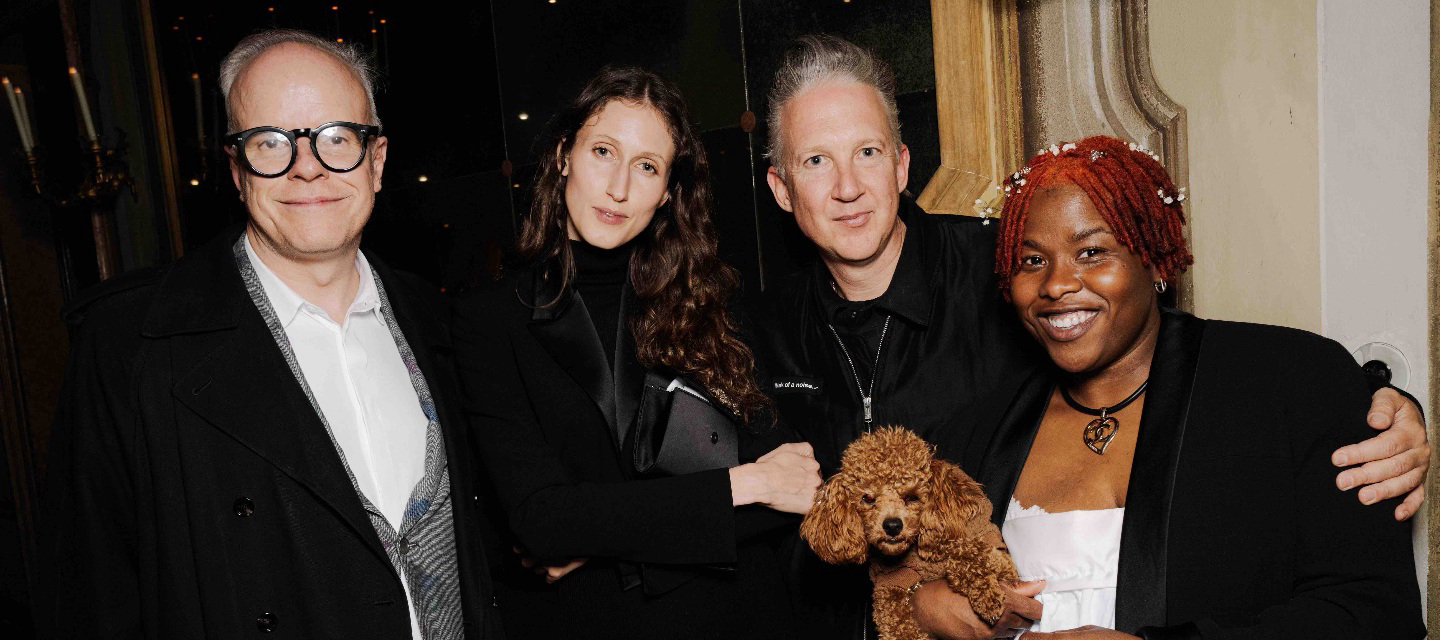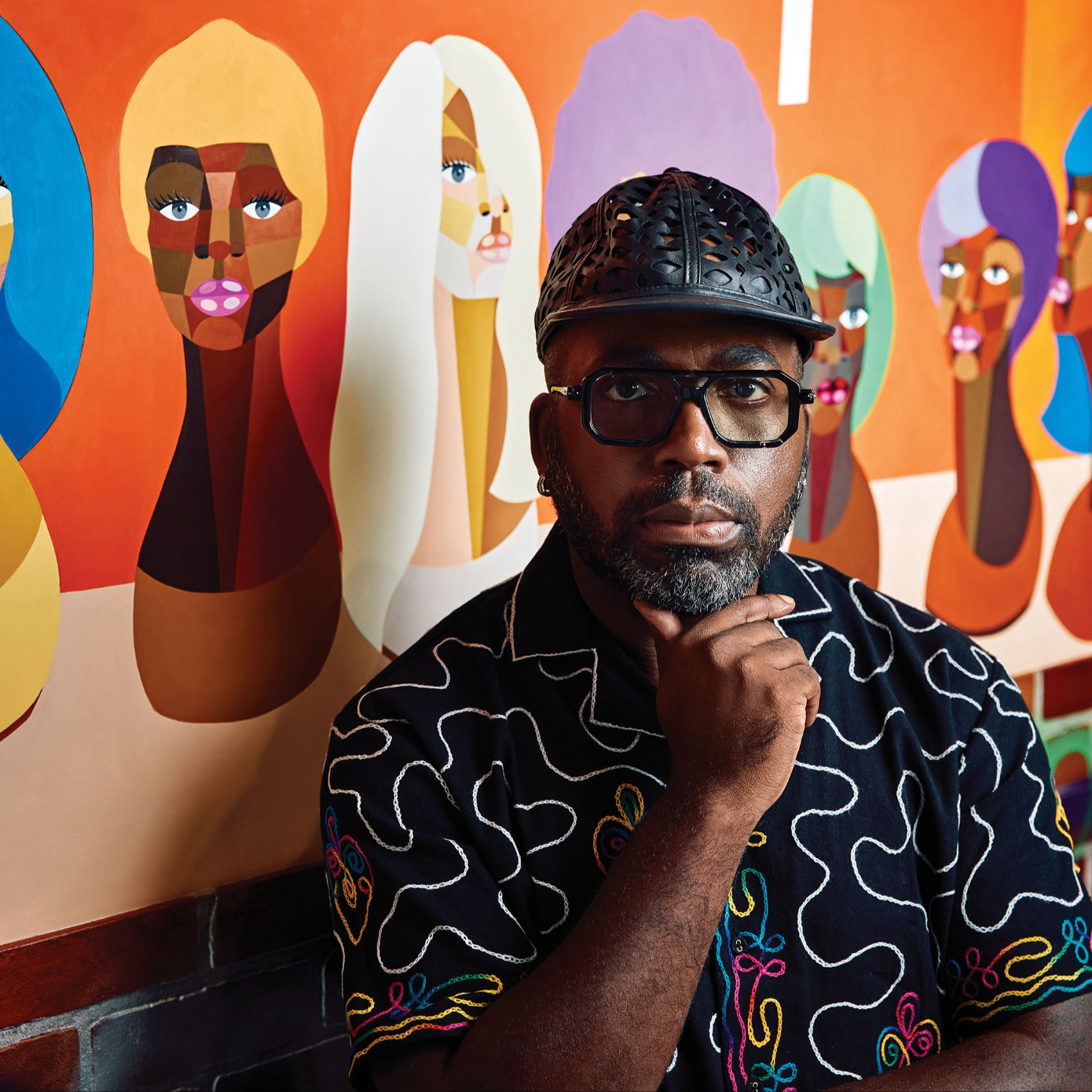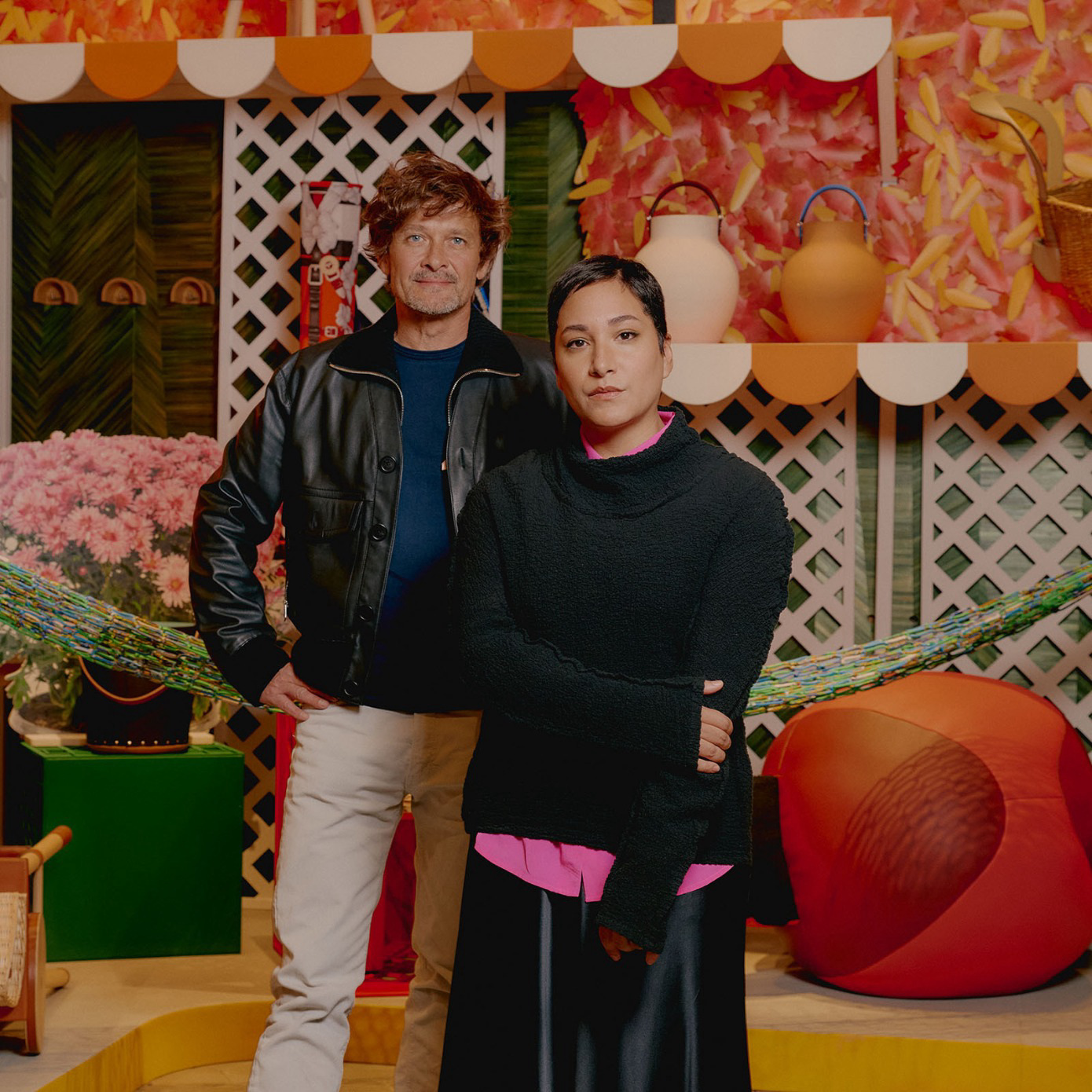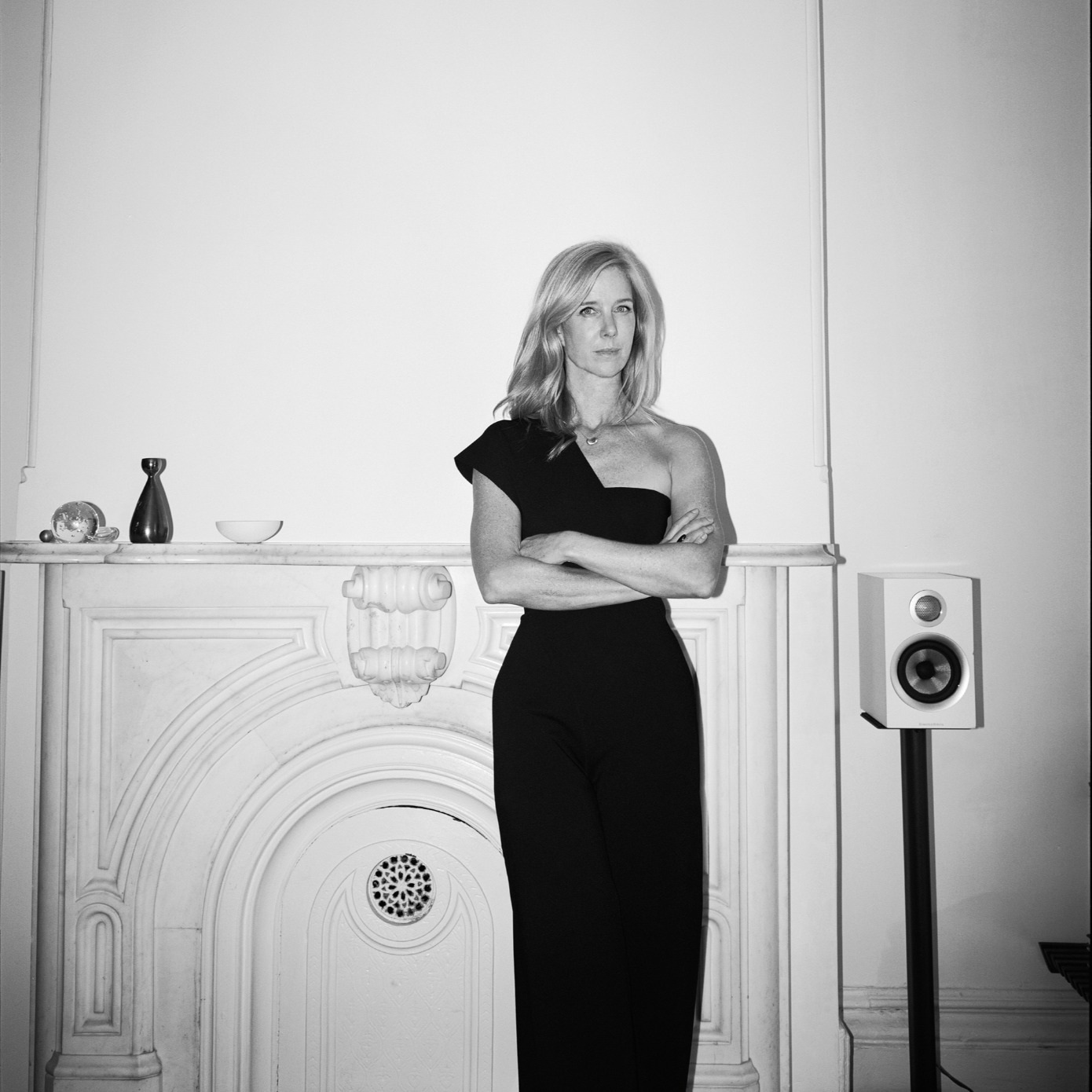The Golden Lion wasn’t the only art prize given out last week in Italy. Chanel used the international stage of the Venice Biennale to debut its inaugural Next Prize, which awards 10 individuals working across creative disciplines a substantial cash prize and access to a pantheon of hand-selected mentors for 20 months. The prize is another milestone in the brand’s recent doubled down support for the arts as spearheaded by its new global head of arts and culture, Yana Peel, who previously ran Serpentine Galleries. Last year, Peel announced the launch of her first branded initiative, the Chanel Culture Fund, signaling a fundamental shift in how the House would be approaching their contributions to and collaboration with global creatives. The Next Prize is a legacy lodestar within that new mission.
On the eve of the Biennale’s VIP day, Chanel gathered its first Next Prize winners including Precious Okoyomon and Wang Bing alongside brand ambassadors and glamorous friends for a swanky evening in Palazzo Zeno, which Chanel transformed into a version of Eden with fields full of baby’s-breath. Two of the three Next Prize judges were also in attendance at the dinner: architect Sir David Adjaye and filmmaker Tilda Swinton. The latter was kind enough to answer our questions about the process and the expertise she brought to it.
Kat Herriman: Why are you and Chanel such good allies in art?
Tilda Swinton: It’s one of the most valued privileges of my life to work alongside Chanel in this way. I find the dedication of the House to its cultural project profoundly inspiring. Literally, they put their money where their mouth is. And their commitment to new artists, to a diverse universe that represents all corners of the globe and of human experience, is sincere and exemplary. I am proud to serve.
KH: What do you look for in a prize recipient?
TS: The winners of this prize this inaugural year set a high bar. Our selecting curators brought the jurors manifold treasure. With this selection, the range of practice, the fluidity and responsiveness of the work, the promise it holds in terms of its receptiveness and the diligent curiosity of the vision expressed honors the Prize itself.
KH: Do you think you have a bias towards or against other filmmakers?
TS: One of the distinguishing elements in the work of all the artists selected for consideration is how open and fluid is their discipline: the filmmakers we honor are original artists whose unique approach makes their voices clear and unmistakable. As a filmmaker myself it is, maybe, a special thrill for me to have this opportunity to play a part in emphasizing the freshness of these individual talents.
KH: How do you know if you are an auteur?
TS: I suppose if one is not concentrated on interpreting the vision of another, but fully invested in expressing something personal that is borne out of one’s own private sense of selfhood.
KH: Why is it worthwhile to give out prizes?
TS: Prizes bring light. And money prizes like this one bring substantially more than that: they bring a measure of stability to emerging artists who may find the cash significantly eases day-to-day concerns in a way that means they can grow their work with more attention and peace of mind. Such a prize can represent a game-changing influence on an artist’s life.
KH: What attracts you to spend your energy on projects like the Next Prize?
TS: It’s entirely selfish, really. I get to learn about the work of many artists I may otherwise not come across, and help to curate a map, a web—like a snapshot of a moment in time—of minds and sensibilities of which I believe Chanel and all of us lucky enough to be involved in this project can be very proud.
KH: Chanel obviously selected you because they trust your eye. What do you like to look at and what does it feel like to be considered an expert in identifying the avant-garde?
TS: I would suggest that the avant-garde is not a place for experts. It is a ground for passion and curiosity and a sense of fellowship. It is ever young in its searching, ever radical in its proposition. It’s the landscape I made a beeline for when I first began my work as an artist and it never stops nourishing, provoking, enchanting me and keeping me company.
KH: What are your wishes for the Next Prize and what it could establish for creatives?
TS: I hope and believe that the Next Prize has the potential to become a beacon and a community of and for artists around the planet. I believe it may come to signify a safe space which can be relied upon to sustain and encourage and celebrate vibrant and original impulses that, in turn, feed and nurture the roots of enlightened radical artistic practice for generations down the road.





